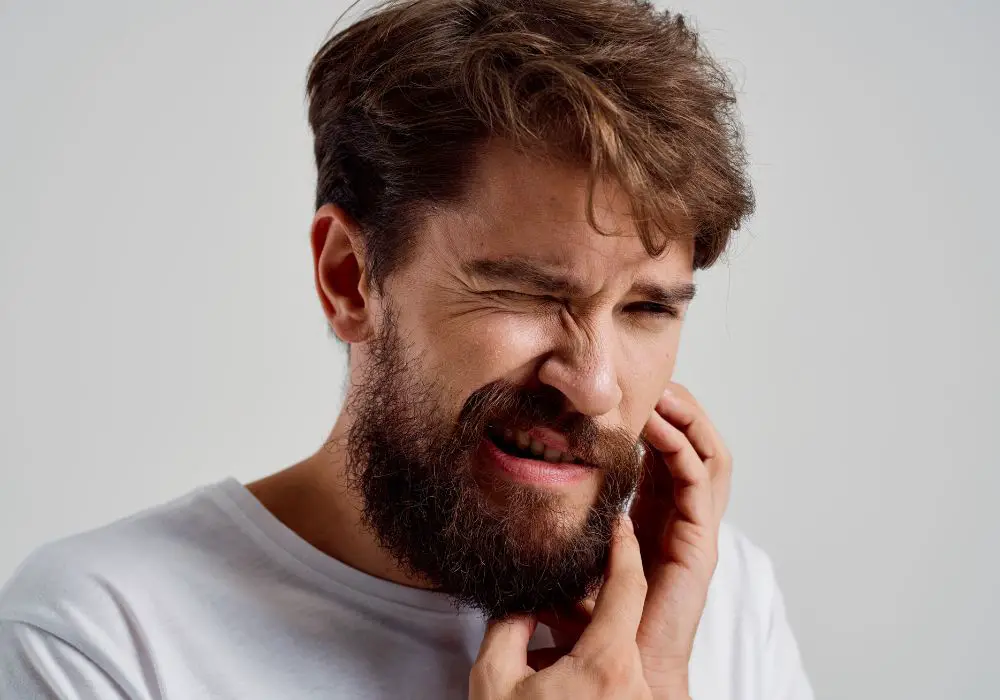Cold Sensitive Tooth After Crown

A sudden, sharp pain in a tooth that has recently been crowned can be a worrying and frustrating experience. If you’re experiencing cold sensitivity after a crown has been placed, it’s essential to understand the possible causes and what you can do about it. This sensitivity can range from a mild, fleeting discomfort to a severe, lingering pain, and it’s not uncommon for patients to wonder if the crown itself is the cause of the issue.
Why Does a Crowned Tooth Become Sensitive to Cold?
There are several reasons why a crowned tooth might become sensitive to cold temperatures. Understanding these reasons can help you address the issue more effectively:
Nerve Irritation: The process of preparing a tooth for a crown can sometimes irritate the pulp (the soft tissue within the root canal of the tooth containing the nerve and blood vessels). This irritation can cause temporary sensitivity, which may be exacerbated by cold stimuli.
Cementation Issues: If the crown is not cemented properly, it can leave tiny gaps between the crown and the tooth. These gaps can allow cold substances to reach the nerve, causing sensitivity.
High Crown Margins: If the crown margin (the edge where the crown meets the tooth) is too high or improperly sealed, it can lead to sensitivity.
Tooth Decay Under the Crown: Although less common, decay can occur under the crown if bacteria manage to find their way under it. Cold sensitivity can be an early sign of this problem.
Gum Recession: If the gum around the crowned tooth recedes, the root of the tooth may become exposed, leading to sensitivity to cold temperatures.
What to Do About Cold Sensitivity After a Crown
If you’re experiencing cold sensitivity after a crown, here are some steps you can take:
Visit Your Dentist: It’s crucial to schedule a visit with your dentist as soon as possible. They can assess the situation and determine the cause of the sensitivity.
Use Desensitizing Toothpaste: Toothpastes designed to alleviate sensitivity can help block the dentinal tubules in the tooth, reducing the pain caused by cold stimuli.
Avoid Extreme Temperatures: Try to avoid consuming very hot or cold foods and drinks until the sensitivity is addressed.
Maintain Good Oral Hygiene: Continue to practice good oral hygiene by brushing and flossing regularly. However, be gentle around the crowned tooth to avoid further irritation.
Can the Sensitivity Be Treated?
Yes, the sensitivity can often be treated. The approach depends on the underlying cause:
Adjustment of the Crown: If the issue is with the fit or cementation of the crown, your dentist may need to adjust or recement it.
Dental Bonding: In some cases, applying a dental bonding material around the crown margins can help seal any gaps and reduce sensitivity.
Root Canal Treatment: If the sensitivity is due to nerve irritation or infection, a root canal might be necessary to remove the infected pulp and seal the root canal.
Gum Therapy: For gum recession, treatments to stimulate gum growth or protect the exposed root may be recommended.
Preventing Future Sensitivity
While some sensitivity after a crown is not uncommon, there are steps you can take to minimize the risk:
Regular Dental Check-Ups: Regular visits to your dentist can help catch any potential issues early.
Good Oral Hygiene: Keeping your teeth and gums healthy can prevent many issues that might lead to sensitivity.
Avoid Biting or Chewing Hard Objects: This can help prevent damaging the crown or the underlying tooth structure.
In conclusion, experiencing cold sensitivity after a dental crown is not unusual, but it does require attention. By understanding the possible causes and seeking professional dental advice, you can address the issue effectively and enjoy improved oral comfort and health. Remember, your dentist is your best resource for personalized advice and treatment to alleviate cold sensitivity and ensure the longevity of your dental crowns.
